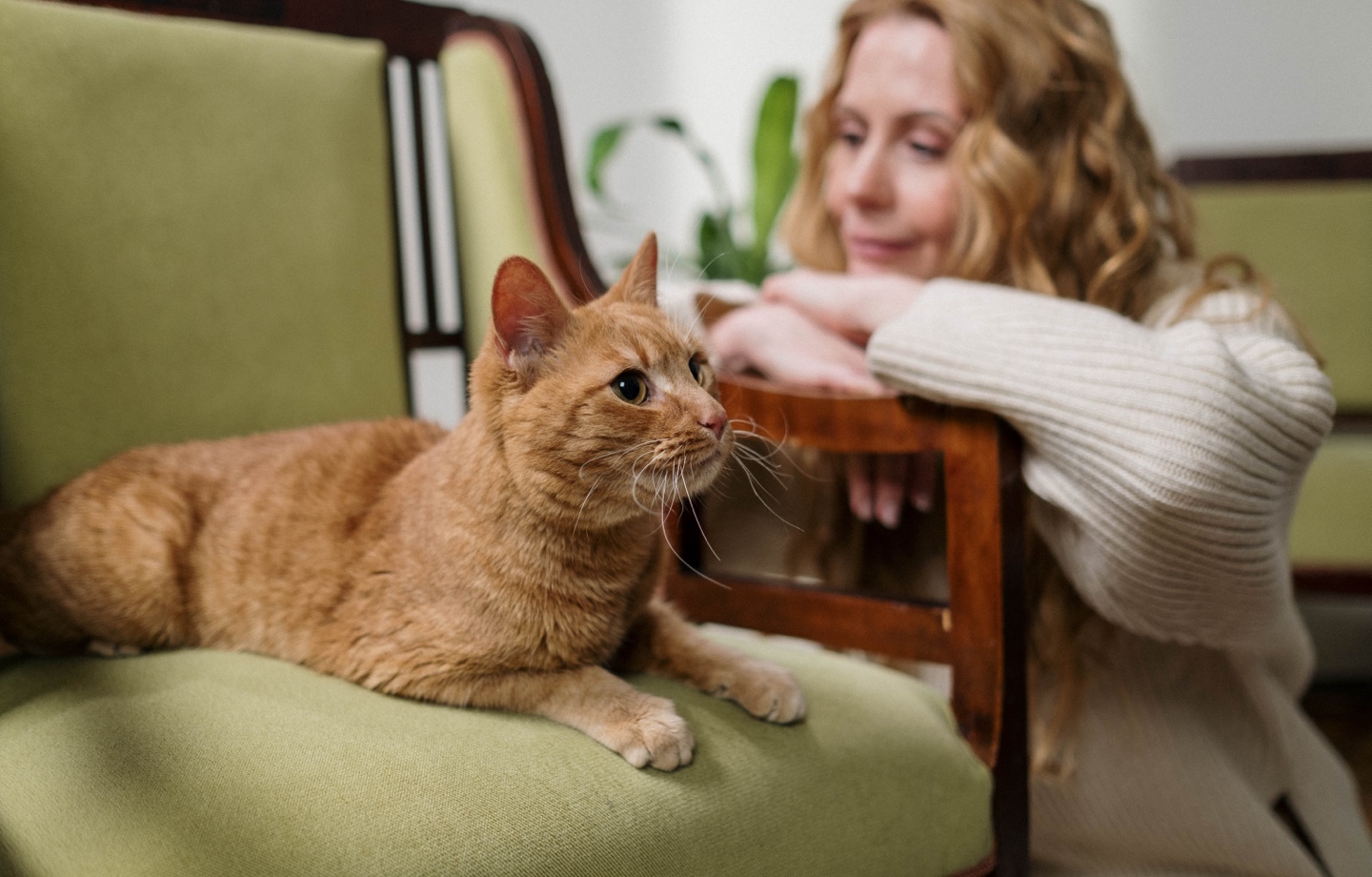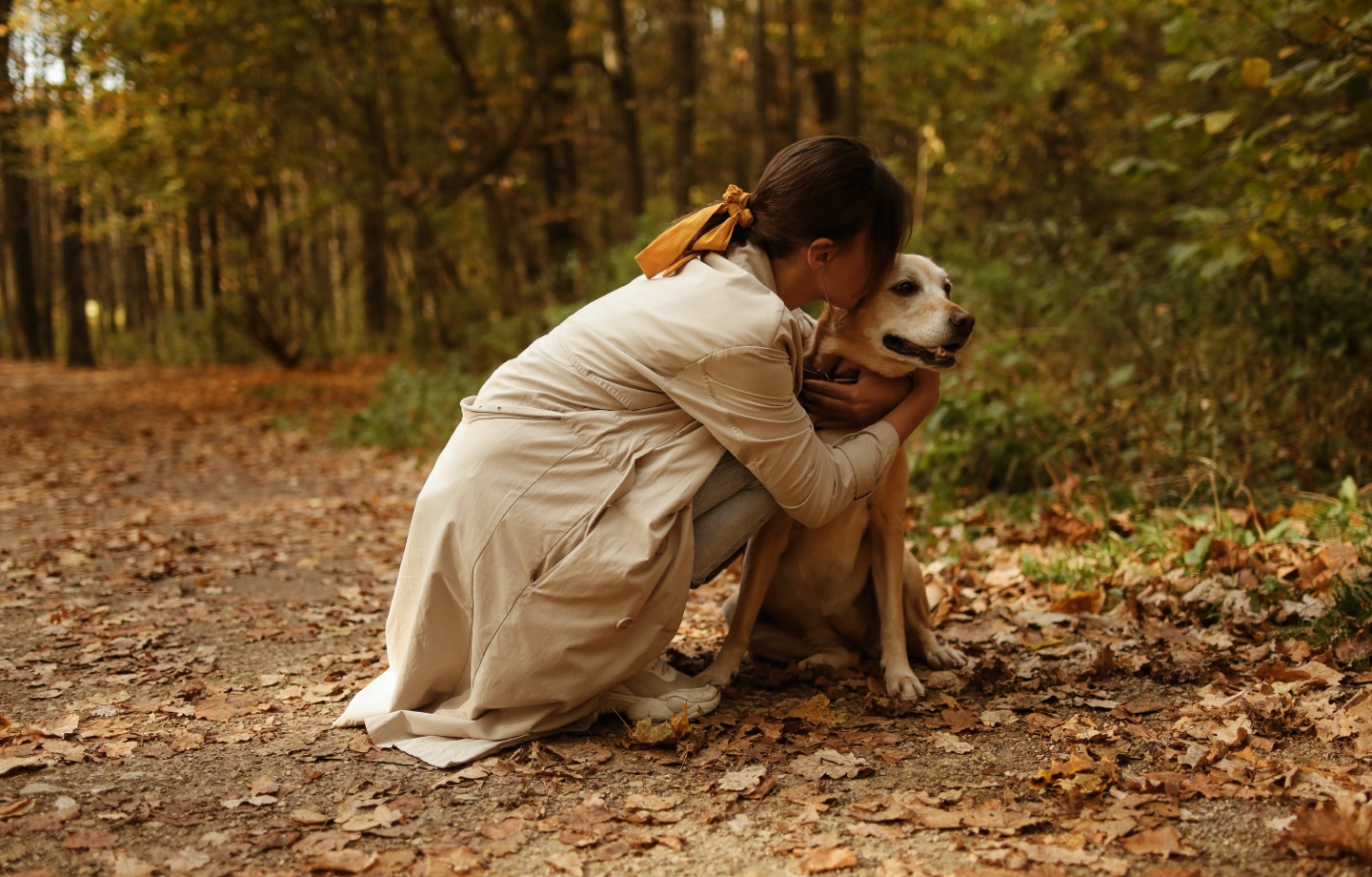Compared to cremation, aquamation is a more environmentally friendly way for pet owners to take care of their animal family members when they pass.
Traditionally, when a pet dies, the owner buries or cremates them. But a new, more environmentally-friendly alternative has emerged — and you’ve probably never heard of it. It’s called aquamation.
Also known as water reduction, alkaline hydrolysis, bio cremation, or flameless cremation, the technique accelerates the natural processes that happen when a body is buried but instead rapidly decomposes the body in water.
“When a pet passes away, a decision needs to be made about how to deal with the corpse,” says Paula Cuevas, a veterinarian, MVZ (Medico Veterinario Zootecnista), and behaviorist with Hepper.com. “In many cases, vets take on the role of undertakers, managing cremations and body disposal. And increasingly, they’re turning to this new option — aquamation is an eco-friendly burial alternative to cremation.”

Read more: Is Human Composting The Future of The Funeral Industry?
Some experts estimate the cremation industry produces more than 360,000 metric tons of carbon emissions annually. However, aquamation releases almost no greenhouse gasses or carbon dioxide byproducts. In fact, the emissions from the technique total less than a quarter of what is released during typical cremations (by some estimates, it’s even less) and nearly one-sixth of the emissions created by a traditional burial. Cuevas also notes that the process uses about 90 percent less energy than conventional cremation.
Here’s how it works. During aquamation, the body is placed in a pressurized vessel, which is filled with water and potassium hydroxide, and then heated to about 320 degrees fahrenheit. The pressure in the vessel is such that the water doesn’t boil, but the heat breaks down the soft tissues of the body over the course of many hours.
Once the process is complete, only bone remnants remain. Many families choose to take them home to place in an urn or sprinkle in a special place. Compared to fire-based cremation, these remains are more aesthetically pleasing for most people, explains Cuevas; they look like a fine, clear powder instead of carbonized ashes.
The liquid left in the vessel can also be used as fertilizer in a green space or garden. Some families use this material to grow a new tree or plant, where they can set up a place of remembrance for their pets.

“Aquamation is becoming popular because we all understand that we need to take care of our planet, and it’s a great way to reduce your pet’s carbon footprint,” says Cuevas. “Pet owners can rest assured they are making the best available decision for the benefit of all creatures still living on this planet.”
Now the hard part: Finding a place that offers it. The method is legal in 28 states, and there are about 400 animal-aquamation machines available around the world, according to a recent Atlantic article. And like human composting, there are only a few companies providing the service. Plus, the service is more expensive than regular cremation (costs range from $90 to $550 in most places). Still, Cuevas encourages interested pet owners to talk to their vets about the technique; sometimes, group or “communal” options are available, saving you money.
“Aquamation is simply a superior, modern, cleaner technology that helps to reduce our impacts on the environment,” Cuevas says. “It is still an option that is not even known by everyone, so the word needs to be put out there. Hopefully, such a service will become available for every loving pet owner so we can all make the right decisions to help protect our planet.”
As Eleanor Cummins writes in the Atlantic, the deaths of our pets can also help us experiment with new ways to channel our grief and imagine our human deaths. Perhaps in several decades, humans may be able to opt for aquamation as well.
Have feedback on our story? Email [email protected] to let us know what you think!

Shop Pillows
The Essential Organic Pillow Collection
Gentle, breathable, non-toxic support.







